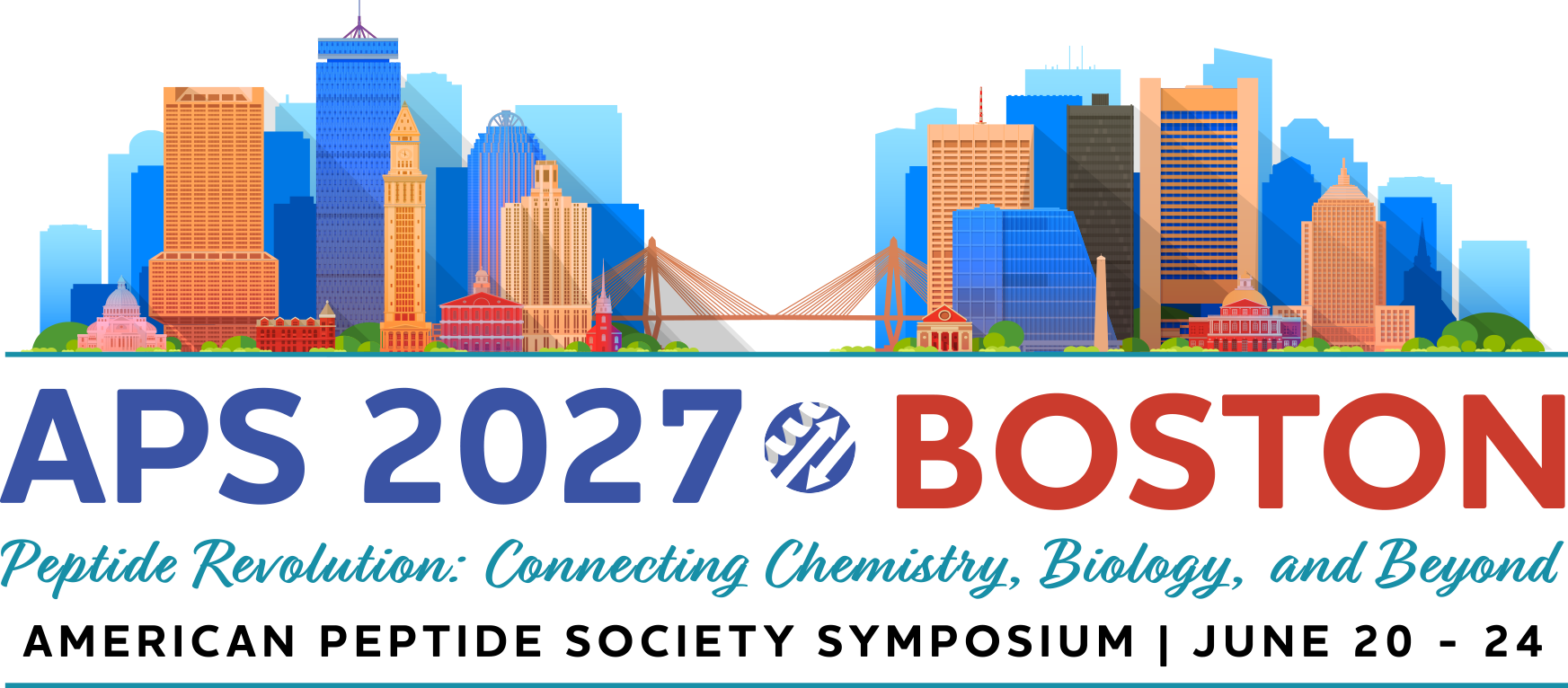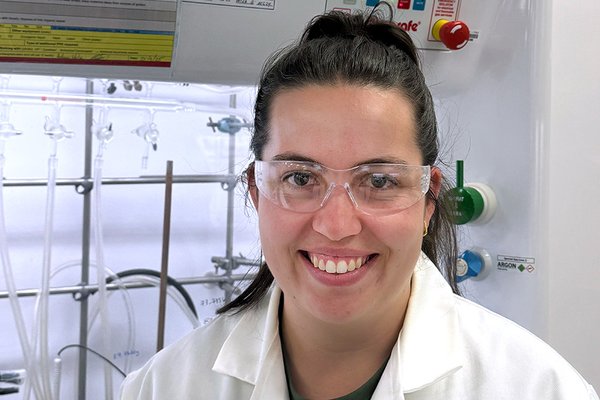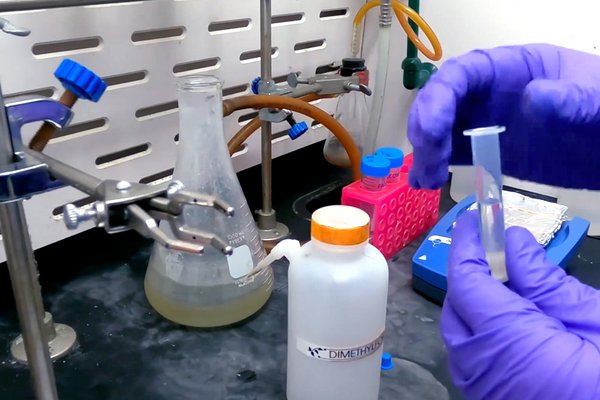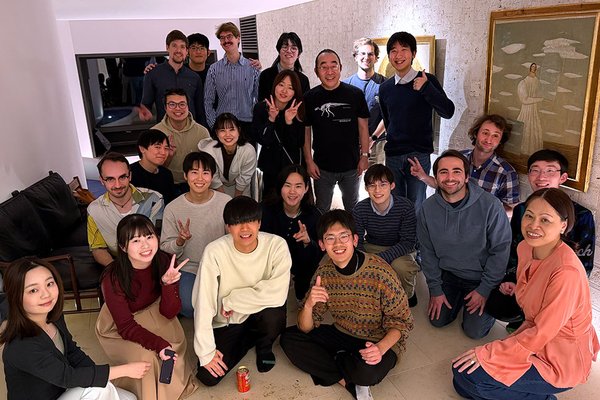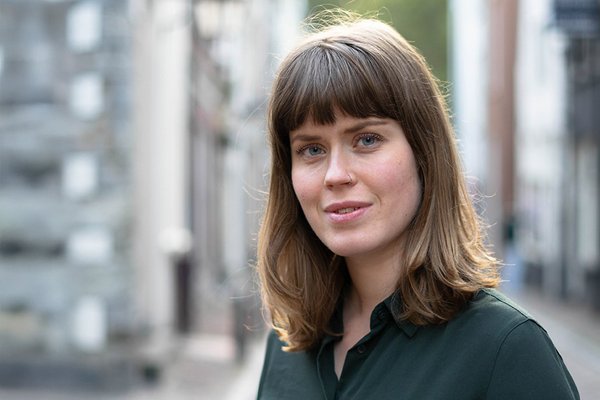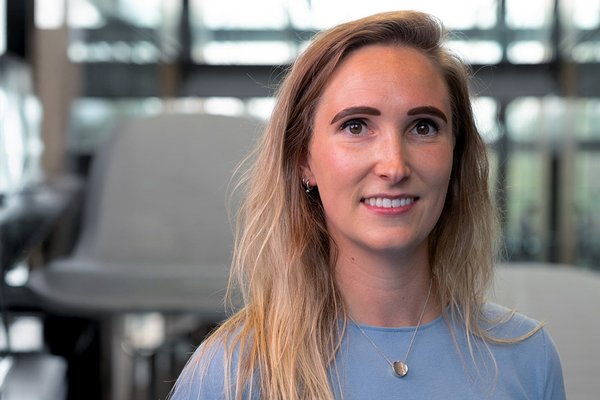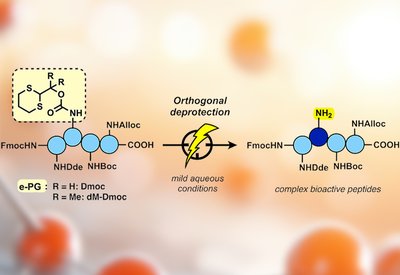
Electrochemical Deprotection
Malins Lab
Feb 8, 2026
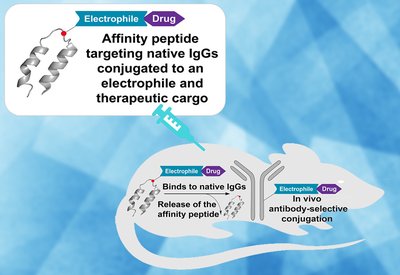
Antibody Drug Painting
Pentelute Group
Feb 6, 2026
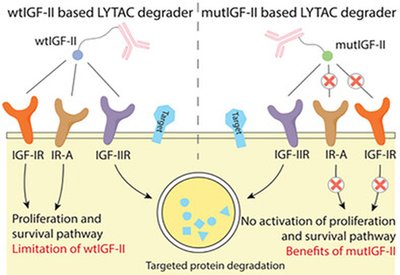
Selective Protein Degraders
Tang Group
Feb 4, 2026
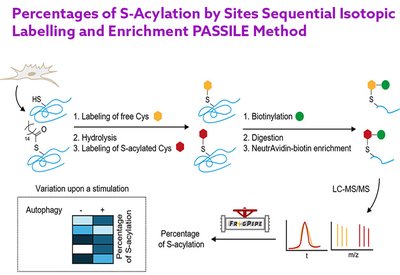
Quantifying S-Acylation
Thinon Group
Feb 4, 2026
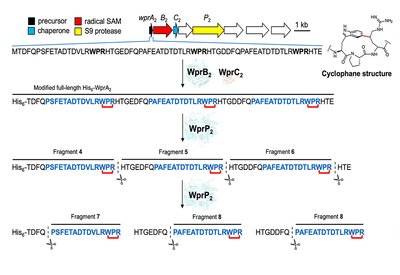
Uniform Cleavage
Phan Lab
Feb 4, 2026
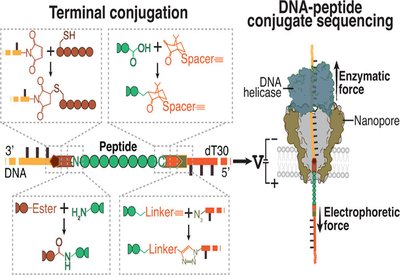
Threading Peptide Sequences
Dekker & Albada Labs
Feb 3, 2026
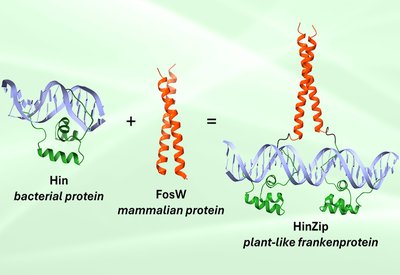
Frankenprotein Precision
Shin Lab
Feb 3, 2026
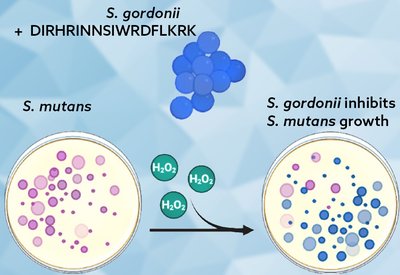
Bacterial Crosstalk
Bertucci & Tal-Gan Labs
Feb 2, 2026
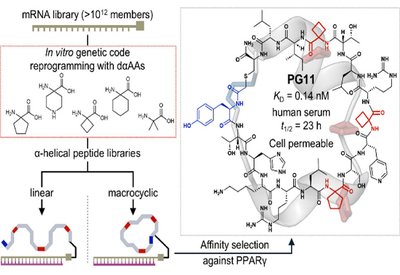
Helical Peptide Discovery
Suga and Katoh Labs
Jan 30, 2026
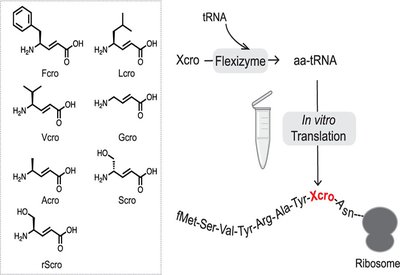
Ribosomal γ-Amino Acids
Suga Lab
Jan 30, 2026
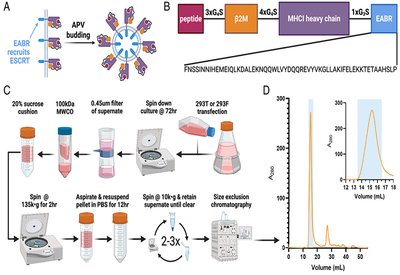
Budding Immunity
Mayo Group
Jan 29, 2026
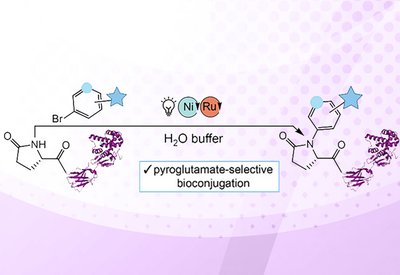
Pyroglutamate Labeling
Ball Lab
Jan 26, 2026
Student Spotlight
Highlighting outstanding graduate students shaping the future of peptide science.
Caitlin Gare
Ph.D. Candidate
Lara Malins' Lab, Australian National University
Caitlin Gare is a Ph.D. student in Lara Malins' Lab at the Research School of Chemistry, Australian National University, ANU, where she works within the Australian Research Council's Centre of Excellence for Innovations in Peptide and Protein Science, CIPPS. Her research focuses on developing peptide-drug conjugates as therapeutics across numerous diseases, including as novel …
Read MorePeptide Primers
Educational resources for peptide science.
Peptide Synthesis for Beginners
3 sections
Learn the fundamentals of solid-phase peptide synthesis (SPPS) with this comprehensive guide. Covers equipment setup, Fmoc chemistry, coupling reactions, cleavage protocols, and HPLC purification.
Start LearningGlobal Peptide Groups
Featuring Internationally Notable Peptide Science Research Groups.
The Hiroaki Suga Group
Hiroaki Suga · University of Tokyo
At the interface of organic chemistry and biology, the Suga Laboratory at the University of Tokyo has pioneered technologies that are reshaping how the world discovers peptide therapeutics. What began as blue-sky research has evolved into a global engine for drug discovery, with innovations that have reached clinical trials and …
Read MorePeptide Pioneers
Celebrating new faculty launching independent peptide research.
Eva Meeus
Assistant Professor
Meeus Lab, Wageningen University & Research
The transition from postdoctoral fellow to independent investigator remains one of the most demanding passages in academic science. Finding the right institutional fit, securing start-up funding, recruiting talented students, and carving out a research identity distinct from doctoral and postdoctoral mentors all collide at once. For Eva Meeus, who launched …
Read MorePeptide Postdocs
Recognizing postdoctoral researchers advancing peptide science.
Danielle Morgan
Postdoctoral Research Fellow
MacMillan Group, Princeton University
Danielle Morgan had just submitted her Ph.D. thesis at the University of Glasgow when she boarded a flight to Whistler for the 27th American Peptide Symposium in June 2022. The airline lost her luggage. With a flash talk scheduled for the first morning, she dashed to local shops and found …
Read MorePartners in Discovery
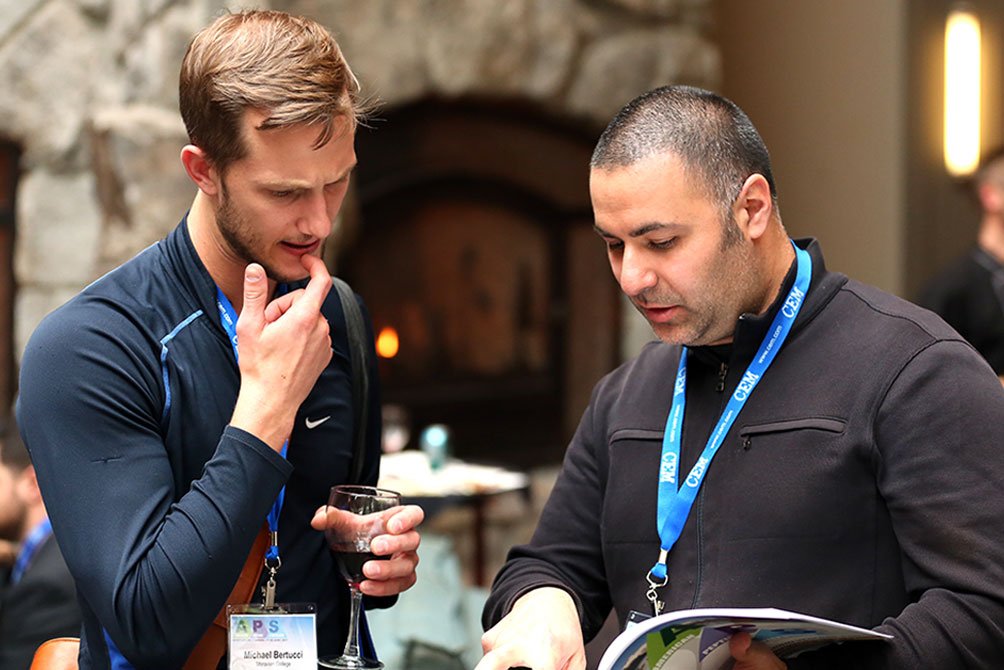
When Michael Bertucci and Yftah Tal-Gan set up their posters side by side at the 2015 American Peptide Symposium in Orlando, they discovered something remarkable: both young assistant professors had independently chosen to study quorum sensing in streptococci.
That serendipitous encounter sparked a decade-long collaboration spanning Lafayette College and the University of Nevada, Reno. Their latest work in ACS Infectious Diseases, highlighted on our website, reveals how Streptococcus gordonii uses peptide signaling to produce hydrogen peroxide, a natural weapon against cavity-causing bacteria. Just as bacteria coordinate through chemical crosstalk, these research allies have built a partnership that bridges coasts, institutions, and career stages.
Feb 2, 2026
Read MoreCall for Nominations
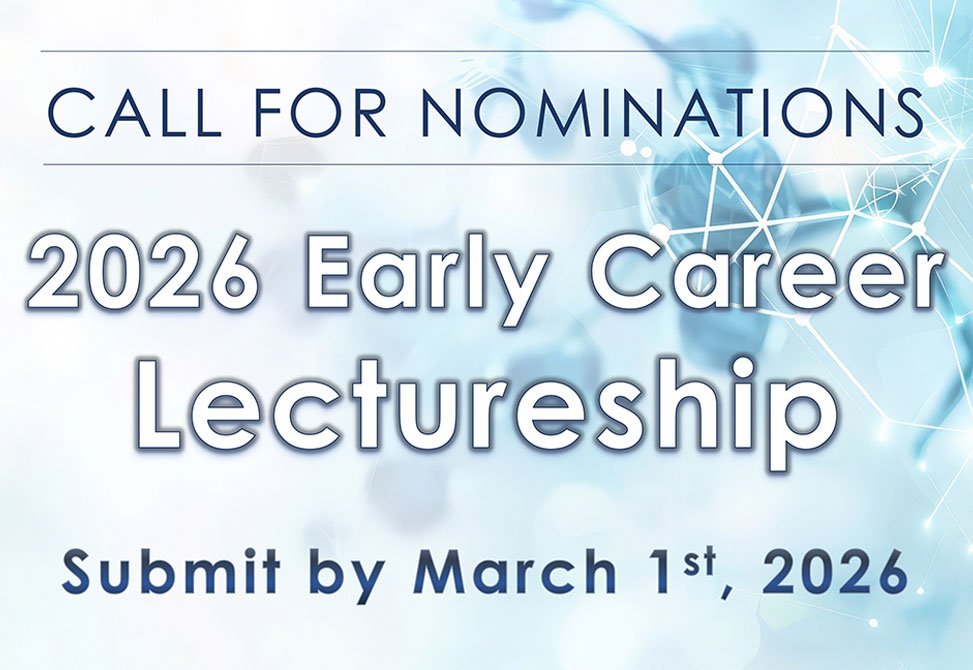
The American Peptide Society is accepting nominations for the 2026 Early Career Lectureship which will be presented at the 30th American Peptide Symposium to be held in June 2027. This honor recognizes an early career investigator who has contributed innovative work to the field of peptide science. The recipient will deliver a talk in a session appropriate to their work at the 30th American Peptide Symposium.
Nominating documents should be submitted by March 1st, 2026.
Jan 15, 2026
Read MoreVictor Hruby Symposium
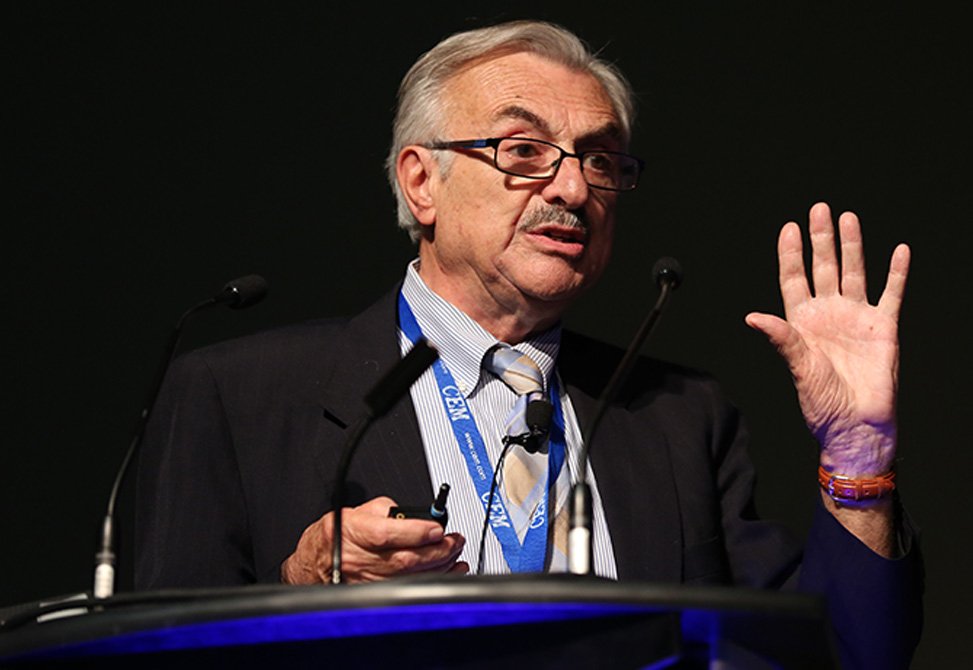
The American Peptide Society invites all members and colleagues to attend the Victor J. Hruby Symposium, May 21–22, 2026, in Tucson, Arizona. This landmark event honors Victor, founding APS President and one of the most influential figures in modern peptide chemistry. Over more than five decades, His discoveries have shaped our understanding of peptide structure, signaling, and drug design, while his mentorship has inspired generations of scientists worldwide. Join us in celebrating his extraordinary legacy and the future of peptide innovation.
Dec 17, 2025
Register